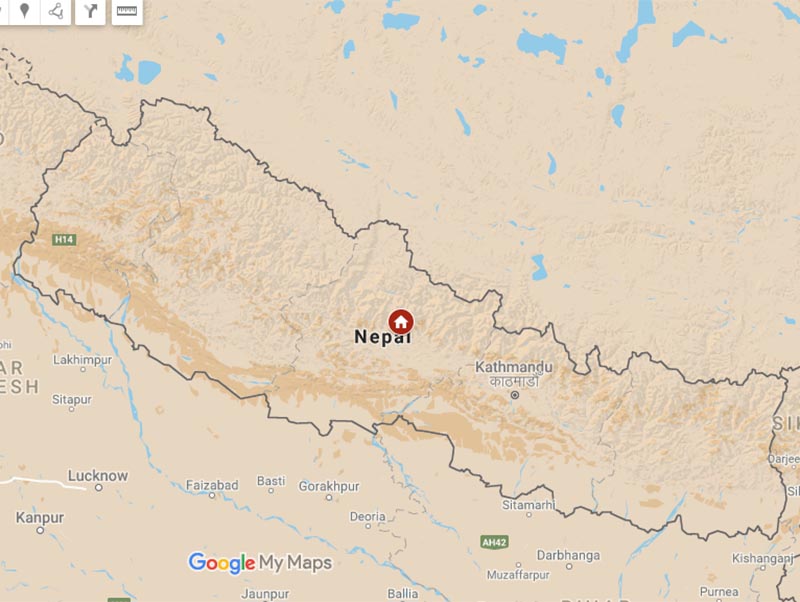Nepal ranks 91st in Social Progress Index-2017
Kathmandu, June 23
Nepal has been ranked 91st among 128 countries in the world in social progress.
The Social Progress Index-2017 published by Social Progress Imperative, a non-profit organisation based in Washington, classifies Nepal as one of the ‘Lower Middle Social Progress’ countries with a score of 60.08 on a scale of 100 on SPI.
Nepal has made marginal improvement in the SPI score from 57.4 (95th) among 133 countries in 2016 to 60.08 (91st) this year. The SPI puts Denmark (1st) on top with a score of 90.57 and US in the 18th position and China 83rd.
In South Asia, Nepal is second after Sri Lanka (73rd) while India has been ranked 93rd, Bangladesh (97th), Pakistan (105th) and Afghanistan (127th). Bhutan and Maldives were not included in the SPI survey.
‘Very Low Social Progress’ countries include Yemen with a score of 43.46, Guinea (43.40), Niger (42.97), Angola (40.73), Chad (35.69), Afghanistan (35.66) and Central African Republic (28.38).
“Many Lower Middle Social Progress Tier countries are performing strongly compared to countries with similar income, including Nepal and Senegal, which have made great strides in governance and health,” read the report. It added that seven out of 25 countries in the Lower Middle Social Progress Tier performed best compared to others.
Nepal in South Asia and Senegal in West Africa have low absolute performance (91st and 94th respectively), but have performed strongly versus similar low-income peers. Since the establishment of a multiparty democracy in the 1990s, Nepal has made great strides in health and education. Investments, especially in the health sector, accompanied by holistic reforms and decentralisation that helped mobilise community health volunteers to remote areas, have significantly improved health infrastructure.
“For example, Nepal facilitated improvements in antenatal care with incentives for pregnant mothers and institutional delivery. Access to piped water and sanitation also increased. Life expectancy has risen 12.1 years since 1990, one of the largest gains worldwide,” mentioned the report.
The lowest performing regions on ‘Tolerance and Inclusion’, South Asia and Eastern Africa, reveal contradictory trends. On average, South Asia has the lowest score (36.67) of any sub-region, yet Bangladesh and Nepal are among the most improved countries. Both showed strong improvements on tolerance for homosexuality. Nepal improved from 56 per cent of the population stating the country is a good place for gay and lesbian people to 83 per cent.
The 2017 Index includes data from 128 countries on 50 indicators and covers 98 per cent of the world’s population. The SPI is an aggregate of measures including water and sanitation, advanced education, nutrition, shelter, personal safety, personal freedom, tolerance and inclusion, personal rights, health and wellness, access to ICT, ecosystem sustainability and access to basic knowledge.






